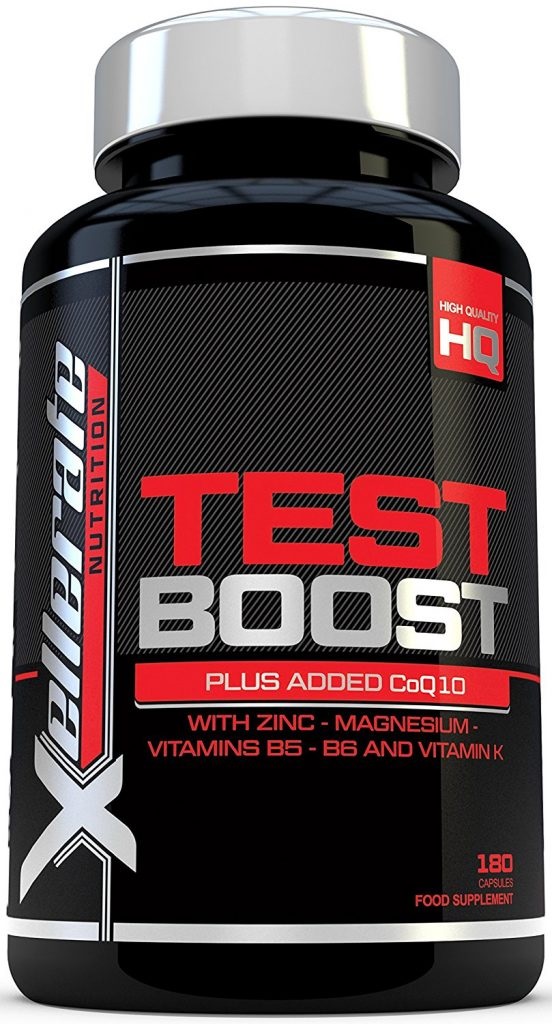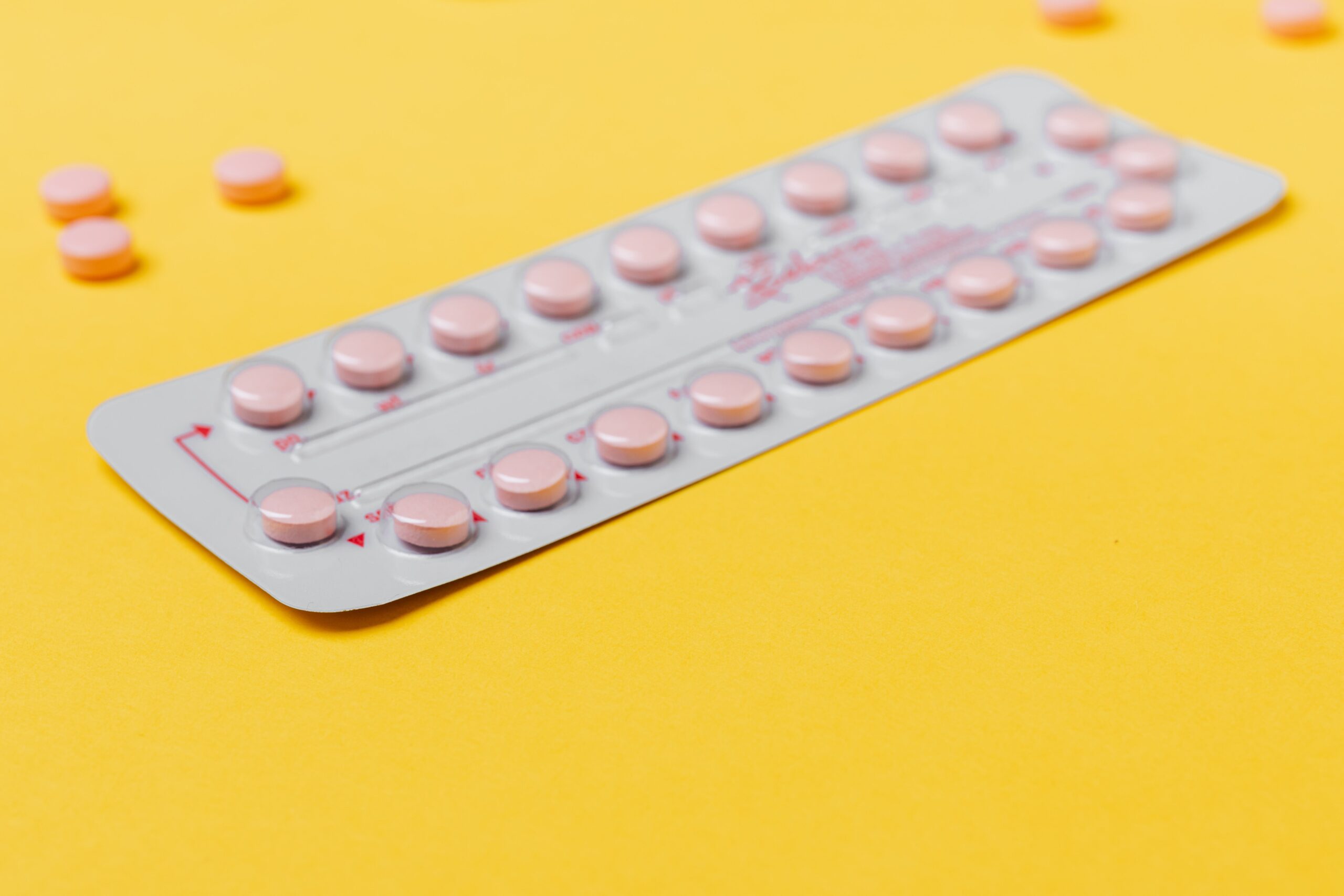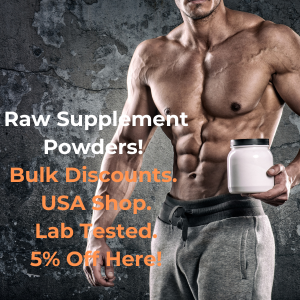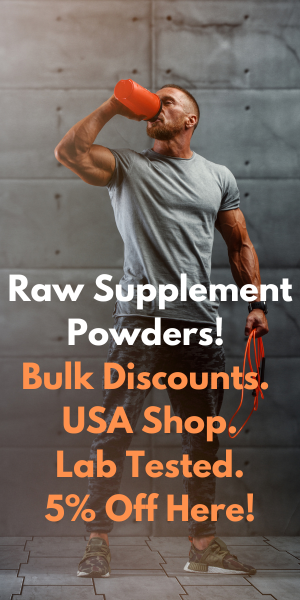For individuals seeking natural ways to enhance testosterone levels, certain herbs have shown promise in supporting hormonal balance. This blog post delves into the realm of herbal remedies, exploring some of the best herbs known for their potential to boost testosterone production and promote overall hormonal health.
Tribulus Terrestris: A Traditional Testosterone Booster:
Tribulus terrestris has a long history of use in traditional medicine for its purported ability to enhance male vitality and virility. Studies suggest that this herb may stimulate the production of luteinizing hormone (LH), a precursor to testosterone. Athletes and fitness enthusiasts often turn to tribulus terrestris as a natural supplement to support athletic performance and muscle development.
- What Are The Effects Of Creatine And Alcohol
- Does Creatine Boost Testosterone Everything You Need To Know
- Will Creatine Help Me Lose Weight?
- Does Creatine Break A Fast And Can You Take Creatine When Fasted?
- Does Creatine Help With Muscle Recovery
- Will Creatine Cause You To Weight Gain?
Ashwagandha: Adaptogenic Power for Hormonal Harmony:
Ashwagandha, an adaptogenic herb, has gained recognition for its role in supporting overall hormonal balance, including testosterone levels. Research indicates that ashwagandha may have a positive impact on stress-related hormonal imbalances, influencing cortisol levels and potentially promoting higher testosterone production. This adaptogen is celebrated for its ability to help the body adapt to stressors, promoting resilience and hormonal equilibrium.
Fenugreek: Enhancing Testosterone and Sexual Health:
Fenugreek is not only a culinary spice but also a herbal remedy with potential testosterone-boosting effects. Some studies suggest that fenugreek may positively influence testosterone levels, supporting both hormonal balance and sexual health. It contains compounds like furostanolic saponins, believed to contribute to its testosterone-supporting properties.
Ginseng: Traditional Herb with Modern Testosterone Potential:
Ginseng, particularly Panax ginseng, has been a staple in traditional medicine for centuries. Modern research hints at its potential role in supporting testosterone production. Ginsenosides, the active compounds in ginseng, are thought to have adaptogenic properties that may positively impact hormonal regulation. As a revered herb for overall vitality, ginseng holds promise as a natural supporter of testosterone levels.
In conclusion, incorporating these herbs into a balanced lifestyle may offer a natural and holistic approach to supporting testosterone levels. While individual responses may vary, these herbs have shown potential in various studies and traditional practices as contributors to hormonal health. As with any supplement regimen, consulting with healthcare professionals is advisable to ensure safety and effectiveness for individual needs. Shop raw supplements, bulk discount, lab tested 5% off here!

Buy Test Boosters Online
We Have Some Of The Best Test Boosters Out There!
Come have a look what types of Test Boosters we have? Shop the best Test Boosters! We have found the best deals! Or please feel free to read more about the many benefits of Test Boosters supplements on site.
FAQs
1. Are these herbs safe for long-term use?
- Answer: Generally, these herbs are considered safe for most individuals when used as directed. However, it’s essential to consult with healthcare professionals, especially if considering long-term use or if there are pre-existing health conditions.
2. Can women benefit from these testosterone-boosting herbs?
- Answer: While these herbs are often associated with male hormonal health, some, like ashwagandha, may have benefits for women as well. Women should seek personalized advice from healthcare professionals to determine suitability.
3. How long does it take to see results from using these herbs?
- Answer: The time it takes to see results varies among individuals. Factors such as dosage, individual physiology, and overall health contribute to the timeline. Consistency in use and patience are key when incorporating these herbs into a wellness routine.
4. Can these herbs replace medical treatments for low testosterone?
- Answer: These herbs may complement a holistic approach to hormonal health, but they should not replace medically prescribed treatments for diagnosed conditions. Individuals with low testosterone or hormonal imbalances should consult healthcare professionals for personalized guidance.
5. Are there any contraindications or interactions with medications?
- Answer: Some herbs may interact with medications or exacerbate certain health conditions. It’s crucial to inform healthcare professionals about all supplements being taken to ensure they are safe and compatible with existing treatments and conditions.








